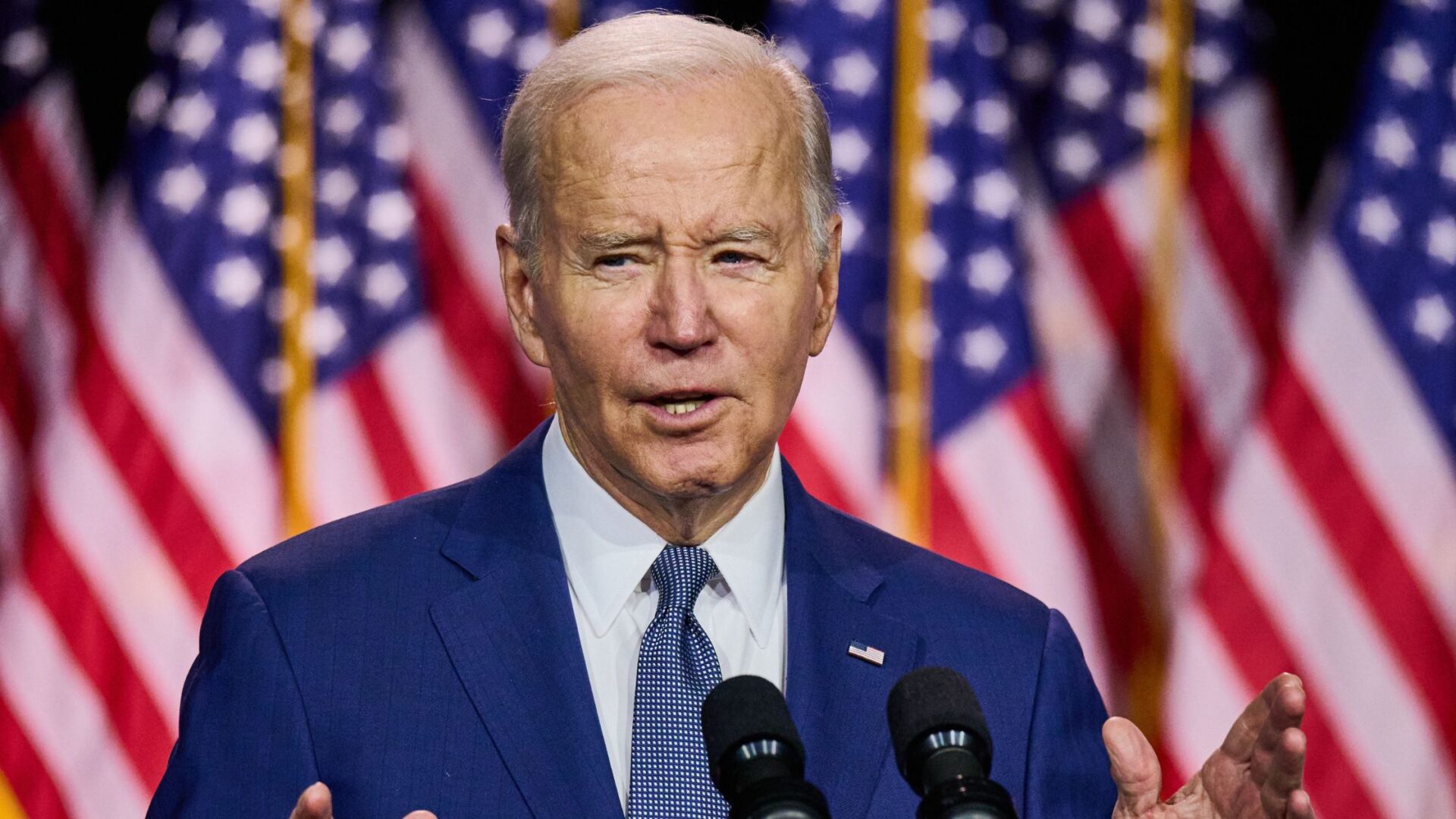Key Takeaways:
– MSNBC did not air Morning Joe to avoid potential Trump criticism.
– The network opted for rolling breaking news coverage instead.
– The decision highlights the influence of corporate interests in media decisions.
MSNBC Shelves Morning Joe to Sidestep Trump Criticism
MSNBC decided not to air its popular morning show, Morning Joe, on Monday. The network was reportedly concerned that someone on the show might criticize Donald Trump. This move has sparked discussions about the influence of corporate interests on media decisions and how these decisions affect democratic dialogue.
Why Morning Joe Got Pulled
CNN reported that a source familiar with the situation confirmed the decision. The source said the network wanted to avoid any inappropriate comments that could tarnish MSNBC’s and NBC’s reputation. The network thought it was better to air rolling breaking news coverage. This was due to the sensitive political climate and the unfolding story surrounding Donald Trump.
NBCUniversal News Group spokesperson addressed the decision in a statement to CNN. They said that the networks have been in continuous breaking news coverage since Saturday evening. The spokesperson stressed the importance of thorough and careful reporting. They mentioned that NBC News, NBC News NOW, and MSNBC Reports would continue to alternate broadcasts to cover the story.
A Missed Opportunity
Critics argue that Monday’s episode of Morning Joe could have been a critical moment for discussing Trump’s history of divisive rhetoric. They believe the show could have delved into how some Republicans have contributed to political polarization.
Sarah Jones, a journalist, and her co-host discussed this issue in a recent podcast. They called out corporate media for their misleading progressive branding. According to them, major networks like MSNBC, CNN, and Fox News prioritize profits over substantive political discourse. These networks are more focused on maintaining their brand image than engaging in critical discussions that may affect their viewership or revenue.
The Influence of Corporate Interests
This incident with Morning Joe highlights a larger issue within corporate media. Many believe that corporate news channels do not have a genuine political stance. Instead, they adopt political views as part of their branding to attract certain audiences. When financial interests are at stake, these networks often avoid content that could alienate viewers or advertisers.
By pulling Morning Joe, MSNBC missed an opportunity to tackle important issues head-on. This decision has left many questioning the network’s commitment to honest journalism. It also raises concerns about how corporate interests can stifle necessary political conversations.
The Role of Media in Democracy
Media plays a crucial role in democratic society. It serves as a platform for public discourse and holds those in power accountable. When corporate interests interfere with this role, the quality and integrity of journalism suffer. This, in turn, weakens democracy by preventing the public from receiving well-rounded information.
For example, discussing Trump’s divisive rhetoric could have provided viewers with valuable insights. The discussion might have explored how political leaders influence public opinion and social dynamics. However, the decision to avoid this conversation has left a gap in public understanding.
The Reaction
Criticism of MSNBC’s decision has come from various quarters. Media analysts question the network’s priorities and its responsibility to the public. They argue that corporate media is more interested in safeguarding its profits than fostering a healthy democratic dialogue.
Jones’ podcast co-host pointed out that MSNBC, CNN, and Fox News share a common trait. Despite their different political branding, they all prioritize financial gain. This focus on profit over content integrity contributes to a less informed public and a more polarized society.
Balancing Act: Integrity vs. Profit
Maintaining a balance between financial sustainability and journalistic integrity is challenging for news networks. Advertisers and investors demand stability, often at the cost of controversial yet necessary reporting. This balancing act often compromises the depth and quality of news coverage.
The Morning Joe incident is a clear example of this struggle. MSNBC seemingly chose to protect its financial interests instead of airing potentially critical but important content. This decision underscores the pervasive influence of corporate interests on media narratives.
What Could Have Been
Imagine if Morning Joe had aired on Monday and addressed the issues surrounding Trump’s rhetoric. The show could have explored the implications of political leaders who use divisive language. This conversation could have provided viewers with a deeper understanding of the political landscape and its effects on society.
Instead, viewers missed out on this critical content. This absence of discourse can have lasting implications. By avoiding such discussions, media networks contribute to a less informed and more divided public.
Conclusion
In conclusion, MSNBC’s decision to cancel Morning Joe on Monday has sparked essential discussions about corporate influence in media. By opting for rolling breaking news coverage, the network aimed to avoid potential criticism of Trump. However, this move has raised questions about the network’s commitment to honest and critical journalism.
This incident serves as a reminder of the delicate balance between financial stability and journalistic integrity. When corporate interests prioritize profits over in-depth reporting, the quality of public discourse suffers. As viewers, we must remain vigilant and critical of the media we consume, ensuring that democratic values remain at the forefront of journalistic endeavors.
Final Thoughts
The media’s role in shaping public opinion and fostering democratic dialogue cannot be overstated. As consumers, we have the power to demand better from our news networks. By supporting independent journalism and seeking out diverse perspectives, we can contribute to a more informed and engaged society. Let this incident be a wake-up call for both media professionals and consumers alike to prioritize integrity over profit in our pursuit of truth.
